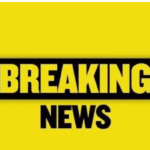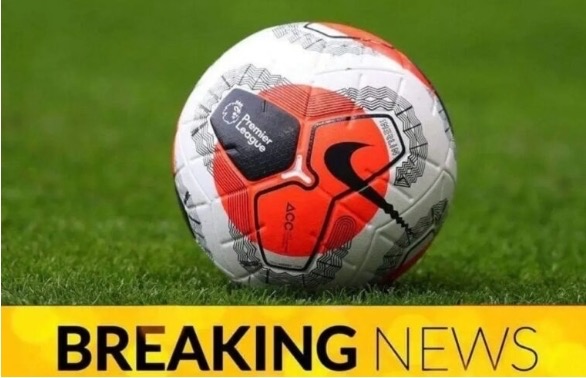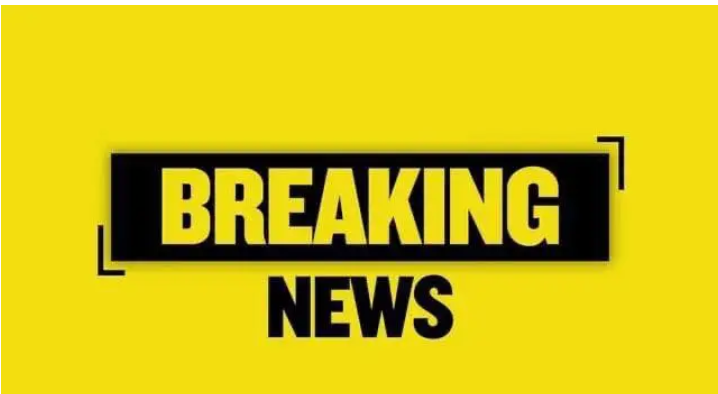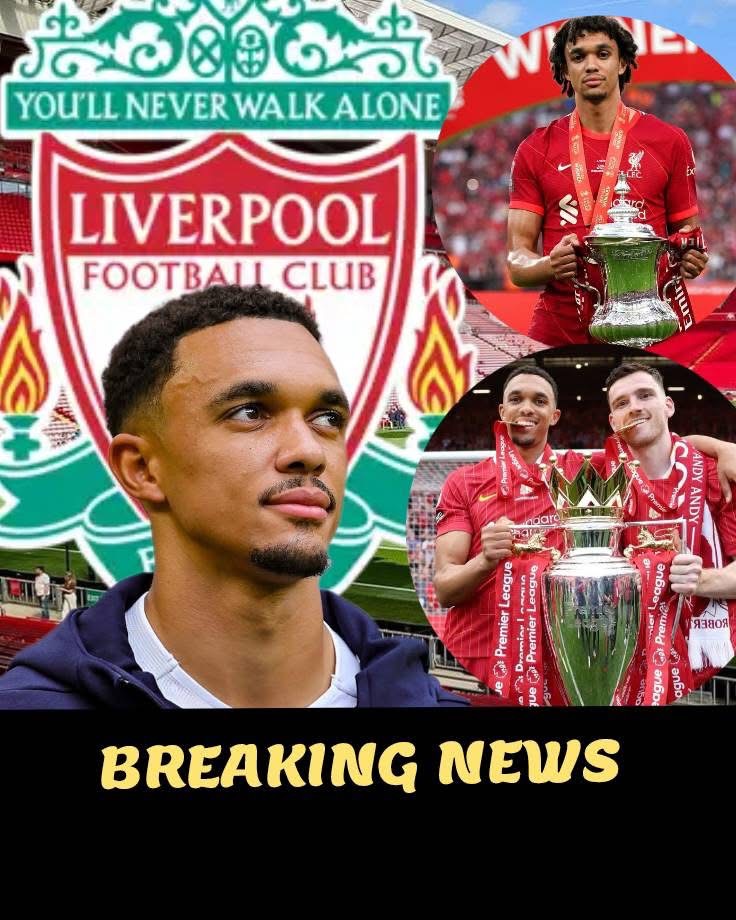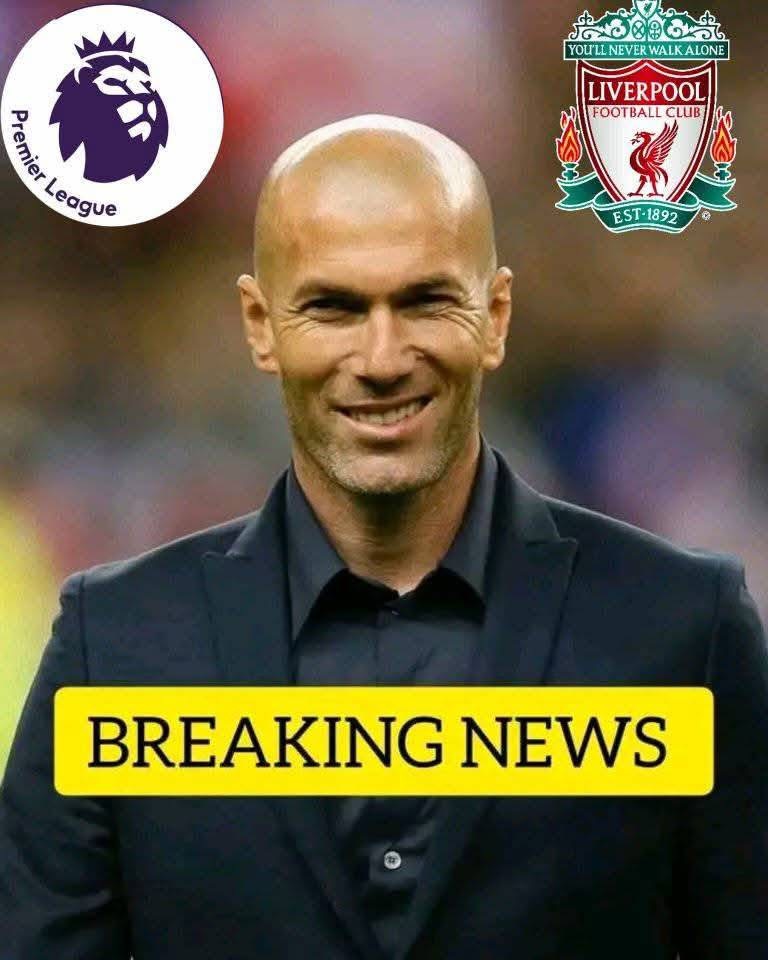At Manchester United, debates around Bruno Fernandes often dominate the conversation. Some fans defend him fiercely as the club’s captain and creative heartbeat, while others scrutinize every mistake. Among the most polarizing topics is his role as penalty taker. Whenever someone suggests that Bruno should step aside from spot-kicks, the immediate backlash is predictable: “So you think he shouldn’t be captain?”
But this framing misses the point entirely. Questioning whether Bruno should continue as United’s first-choice penalty taker is not the same as questioning his authority as leader. In fact, it can be the opposite. Sometimes, leadership means knowing when to share responsibility for the good of the team.
Penalties and the Pressure of Responsibility
Bruno Fernandes has been one of the most reliable penalty takers in Europe since arriving at United. His unique hop-and-strike technique unsettled goalkeepers, and for a time it felt like a guaranteed goal every time United won a spot-kick. He thrived under that pressure.
But like every player, he is not immune to human limits. This season, Bruno has missed several penalties — misses that have directly cost United valuable points. Each miss carries not just the disappointment of a lost chance, but the weight of increased scrutiny. Fans groan, critics pounce, and the pressure for the next one grows heavier.
At a certain point, repeatedly forcing the same player to take penalties under mounting mental strain becomes counterproductive. It is not about doubting Bruno’s ability, but about recognising the psychological dimension of elite football.
Leadership Is About Choices, Not Ego
The idea that Bruno must take every penalty simply because he is captain misunderstands leadership. Captains are not meant to do everything themselves. They are meant to guide, inspire, and make decisions that serve the collective.
If a captain senses that the responsibility of penalties is weighing too heavily, the wise choice may be to delegate — not because he is weak, but because he is self-aware. Passing the responsibility to a teammate does not diminish authority; it reinforces it. It shows that the captain values the team’s success above personal pride.
In this sense, Bruno stepping aside temporarily would not undermine his leadership. It would strengthen it.
United’s Alternative Options
Manchester United have no shortage of attacking talent capable of handling penalty duties. Players like Matheus Cunha, Benjamin Sesko, and Bryan Mbeumo all bring qualities that could make them reliable from the spot.
- Cunha: Composed under pressure, good striking technique, and already trusted in high-stakes moments.
- Sesko: A powerful finisher with a calm temperament, capable of burying penalties with conviction.
- Mbeumo: Experienced as a penalty taker at Brentford, where he was regularly trusted in the Premier League.
Allowing one of them to take responsibility could not only ease pressure on Bruno but also spread confidence across the squad. Penalties can be a way of sharing accountability, and giving others the chance to step up can foster a stronger team dynamic.
The Psychology of Penalty Taking
Taking a penalty is about far more than technique. It is as much a mental battle as a physical one. When a player has missed a few, doubts creep in. Goalkeepers study habits. The stadium atmosphere intensifies. Even the most confident footballers can feel the weight of expectation.
History offers countless examples of elite players passing the duty on:
- Cristiano Ronaldo, for all his legendary goal-scoring, has occasionally let teammates take penalties when pressure was high.
- Lionel Messi has sometimes shared responsibility with colleagues like Neymar or Luis Suárez.
- Steven Gerrard, a leader at Liverpool, occasionally deferred to others when the situation demanded it.
These decisions were not signs of weakness but demonstrations of leadership maturity. They showed that even the best understand when it is time to take a step back for the sake of the collective.
Bruno’s Role Beyond Penalties
The truth is, Bruno Fernandes offers Manchester United far more than just penalties. His leadership on the pitch comes from his creativity, his relentless work rate, and his willingness to take responsibility in open play. He creates chances, sets the tempo, and carries himself as the standard-bearer for effort and determination.
By freeing him from penalty pressure, United might actually unlock a more focused Bruno — one who can channel his energy fully into leading play and orchestrating attacks. Leadership should amplify strengths, not burden them with unnecessary distractions.
Addressing the Misconception
When fans equate stepping aside from penalties with losing authority, they conflate two separate issues: responsibility and leadership. Taking every penalty is not a requirement of captaincy. What is required is the ability to make decisions in the best interests of the team, even if they invite criticism in the short term.
If Bruno decides to let someone else take spot-kicks for a while, it should not be read as doubt in his ability. Instead, it should be understood as trust in his teammates and faith in the collective.
A Lesson in Modern Leadership
Football is evolving, and so too is the concept of leadership within teams. Gone are the days when a captain was expected to shoulder every burden alone. Today’s leaders are defined by adaptability, emotional intelligence, and their ability to empower those around them.
For Bruno Fernandes, continuing to lead Manchester United does not require him to take every penalty. What it requires is the wisdom to make choices that maximise the team’s chances of success. Sharing responsibility when needed is not a sign of weakness — it is a hallmark of strength.
Conclusion
Bruno Fernandes remains Manchester United’s leader. That is not up for debate. But leadership is not about proving you can carry every responsibility; it is about knowing when to delegate for the greater good.
Right now, penalties have become a sticking point for United. Bruno’s recent misses have hurt the team and added to the pressure he faces as captain. Handing the duty to Cunha, Sesko, or Mbeumo could ease that burden and spark a fresh sense of collective responsibility within the squad.
If Bruno steps aside from penalties, it will not diminish his role. On the contrary, it will demonstrate the kind of leadership United desperately need: selfless, strategic, and focused on the team above all else.
Leadership is not about doing everything yourself. It is about making the best decision for the team — even if that decision means letting someone else take the penalty.
